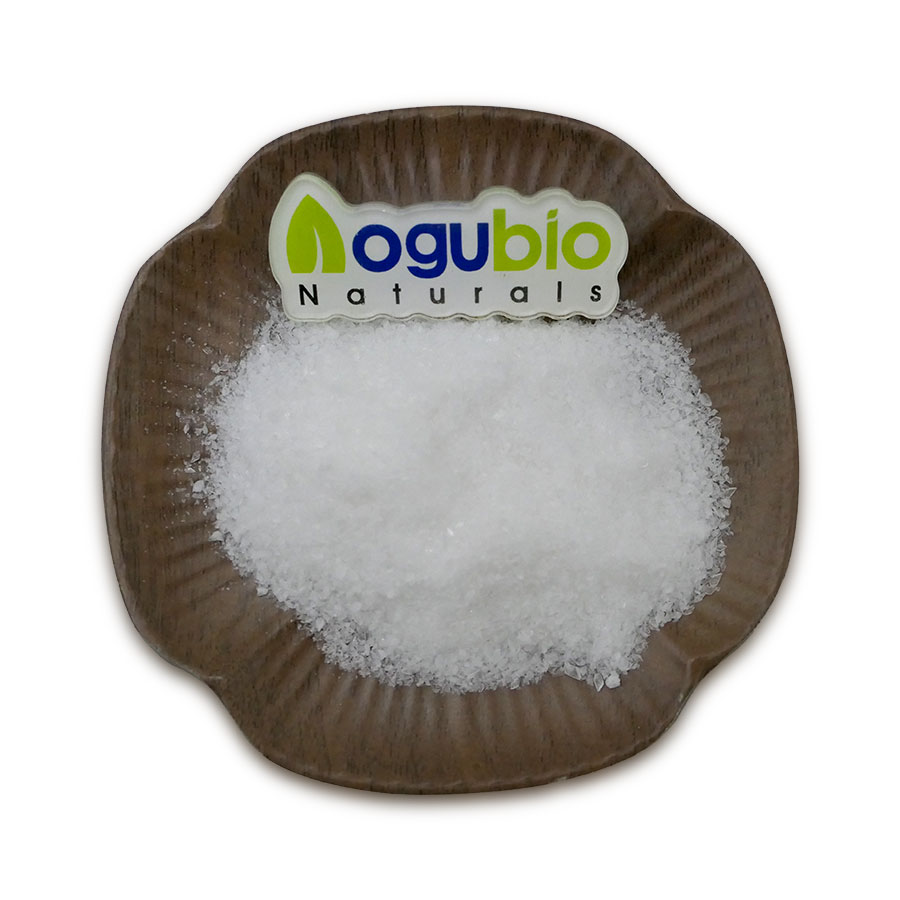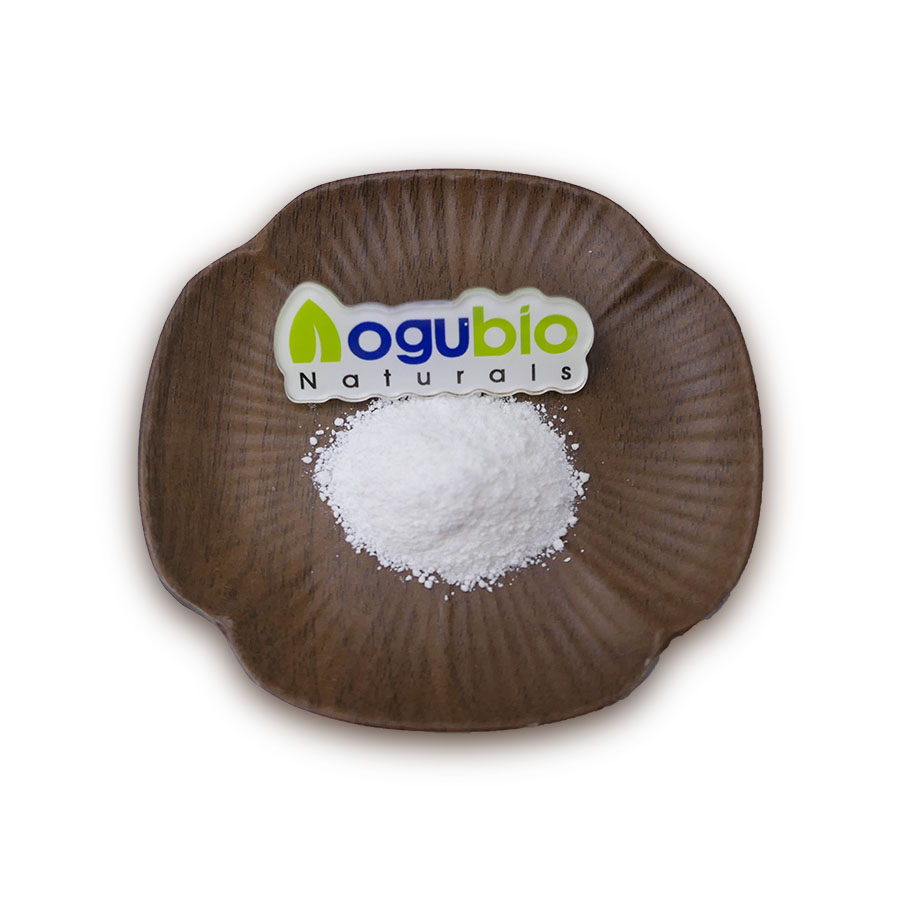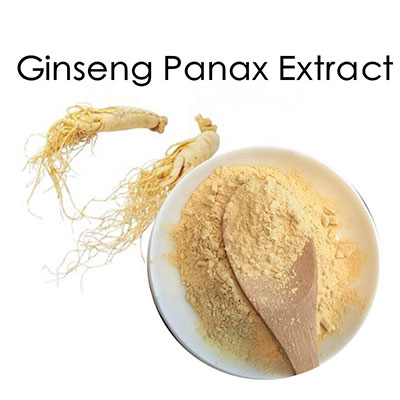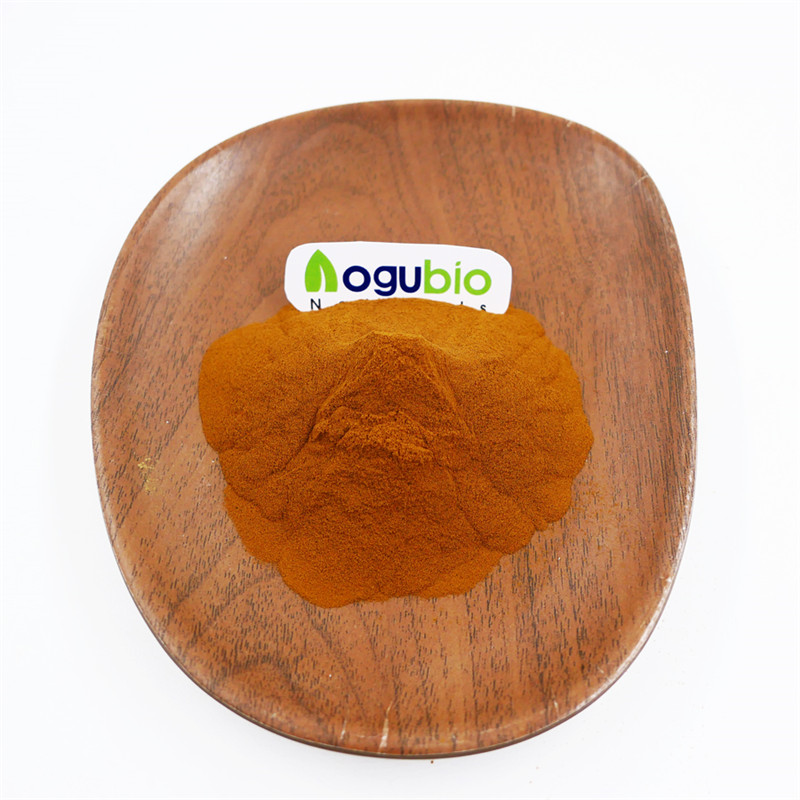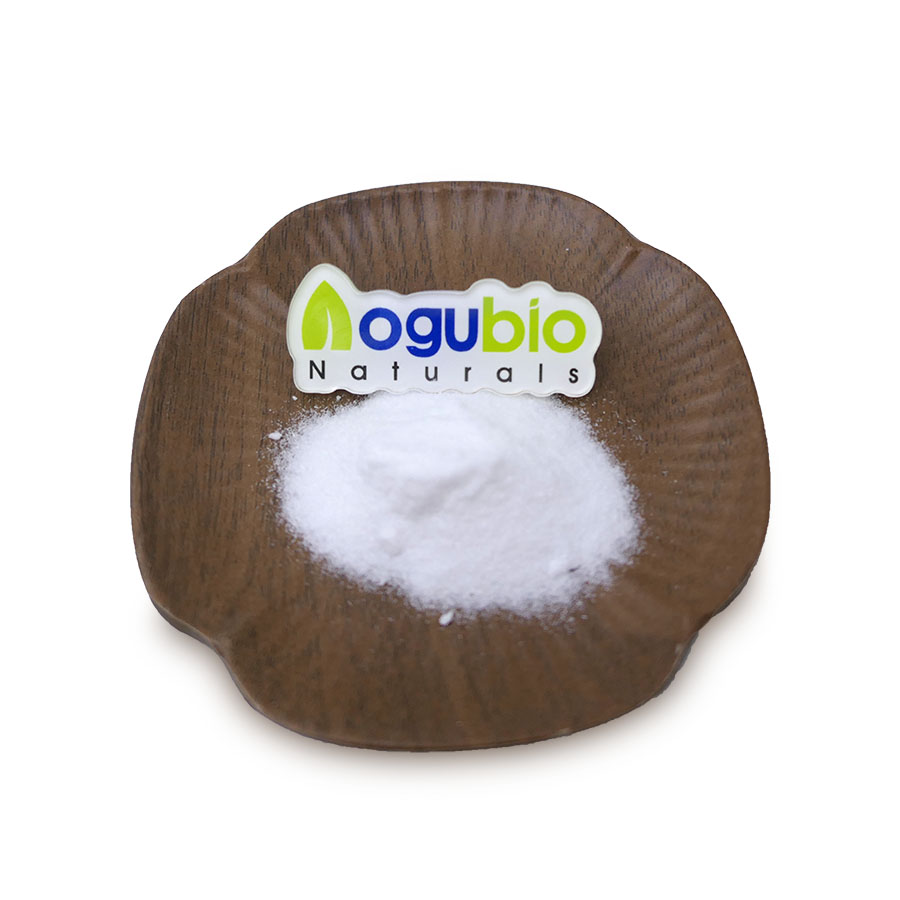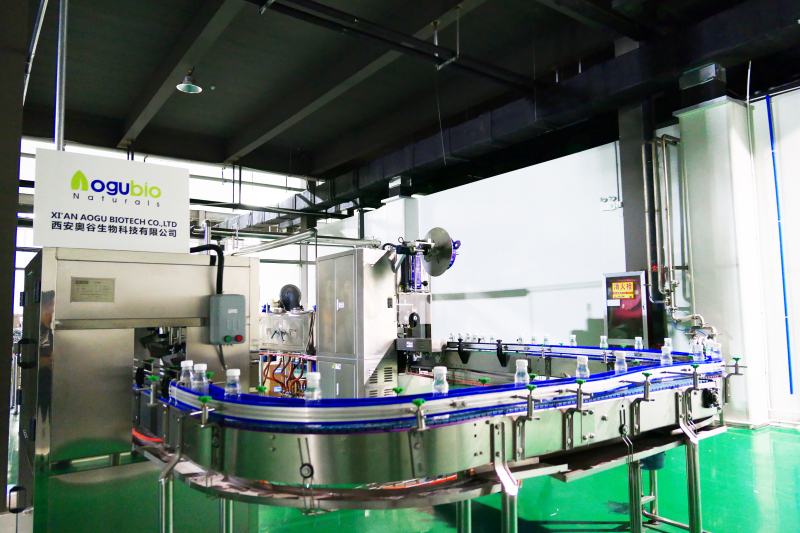N-Acetylcysteine: A Potential Treatment for Neurological Disorders
N-Acetylcysteine (NAC) powder has gained significant attention in recent years for its potential as a treatment for various neurological disorders. Neurological disorders, such as Alzheimer's disease, Parkinson's disease, and depression, have a significant impact on the quality of life of affected individuals and their families. Therefore, researchers are constantly exploring new treatment options, and NAC shows promising potential in this regard.
NAC is a derivative of the amino acid cysteine, a precursor to the antioxidant glutathione. Glutathione is essential for effective antioxidative processes in the body, protecting cells from damage caused by oxidative stress. Neurological disorders, including Alzheimer's and Parkinson's, are associated with increased oxidative stress, leading to cell death and neurological damage.
Studies have shown that NAC has several mechanisms of action that make it a potential treatment for neurological disorders. Firstly, NAC acts as a potent antioxidant by replenishing glutathione levels and reducing oxidative stress. This antioxidant effect can help protect neurons from damage and slow down the progression of certain neurological disorders.
Furthermore, NAC has been found to regulate the levels of certain neurotransmitters in the brain, such as glutamate, dopamine, and serotonin. Imbalances or dysfunctions in these neurotransmitters are often observed in psychiatric and neurological disorders. By modulating neurotransmitter levels, NAC may help improve the symptoms associated with these disorders.
One specific neurological disorder that has been extensively studied in relation to NAC is Alzheimer's disease. Alzheimer's is characterized by the accumulation of beta-amyloid plaques and neurofibrillary tangles in the brain, leading to cognitive decline and memory loss. NAC has been shown to reduce the production of beta-amyloid and prevent its aggregation, potentially slowing down the progression of Alzheimer's disease.
Similarly, NAC has shown promise in Parkinson's disease, a neurodegenerative disorder characterized by the loss of dopamine-producing neurons. Studies have demonstrated that NAC can protect dopaminergic neurons from oxidative damage, potentially slowing down the progression of the disease and improving motor symptoms.
Depression, another common neurological disorder, has also been investigated in relation to NAC. Studies have shown that NAC supplementation can improve depressive symptoms, potentially by modulating neurotransmitter levels and reducing inflammation in the brain. However, more research is needed to fully understand the efficacy of NAC in treating depression.
Despite the promising findings, it is important to note that NAC is not a miracle cure for neurological disorders. It should be seen as a complementary treatment option that can be used in conjunction with other standard therapies. Additionally, the optimal dosage and treatment duration for NAC supplementation in neurological disorders are still being determined.
It is also crucial to consult with a healthcare professional before starting any new treatment regimen, including NAC supplementation. They can provide guidance on the appropriate dosage, potential side effects, and any potential interactions with other medications.
In conclusion, N-Acetylcysteine (NAC) powder holds promising potential as a treatment for various neurological disorders. Its antioxidant properties, ability to modulate neurotransmitter levels, and potential to reduce the accumulation of harmful proteins make it an intriguing option for researchers. While further research is needed to fully understand its efficacy and optimal usage, NAC supplementation could provide a ray of hope for individuals affected by neurological disorders, improving their quality of life and offering new treatment possibilities.
Product Description
N-acetyl cysteine (NAC) comes from the amino acid L-cysteine. Amino acids are building blocks of proteins. NAC has many uses and is an FDA approved drug.
N-acetyl cysteine is an antioxidant that might play a role in preventing cancer. As a drug, it's used by healthcare providers to treat acetaminophen (Tylenol) poisoning. It works by binding the poisonous forms of acetaminophen that are formed in the liver.
People commonly use N-acetyl cysteine for cough and other lung conditions. It is also used for flu, dry eye, and many other conditions, but there is no good scientific evidence to support many of these uses. There is also no good evidence to support using N-acetyl cysteine for COVID-19.
N-Acetyl-L-Cysteine is an amino acid, can be transformed from the body of methionine, cystine can be transformed with each other. N-Acetyl-l-cysteine can be used as a mucilagenic agent. It is suitable for respiratory obstruction caused by a large amount of phlegm obstruction. In addition, it can also be used for detoxification of acetaminophen poisoning.
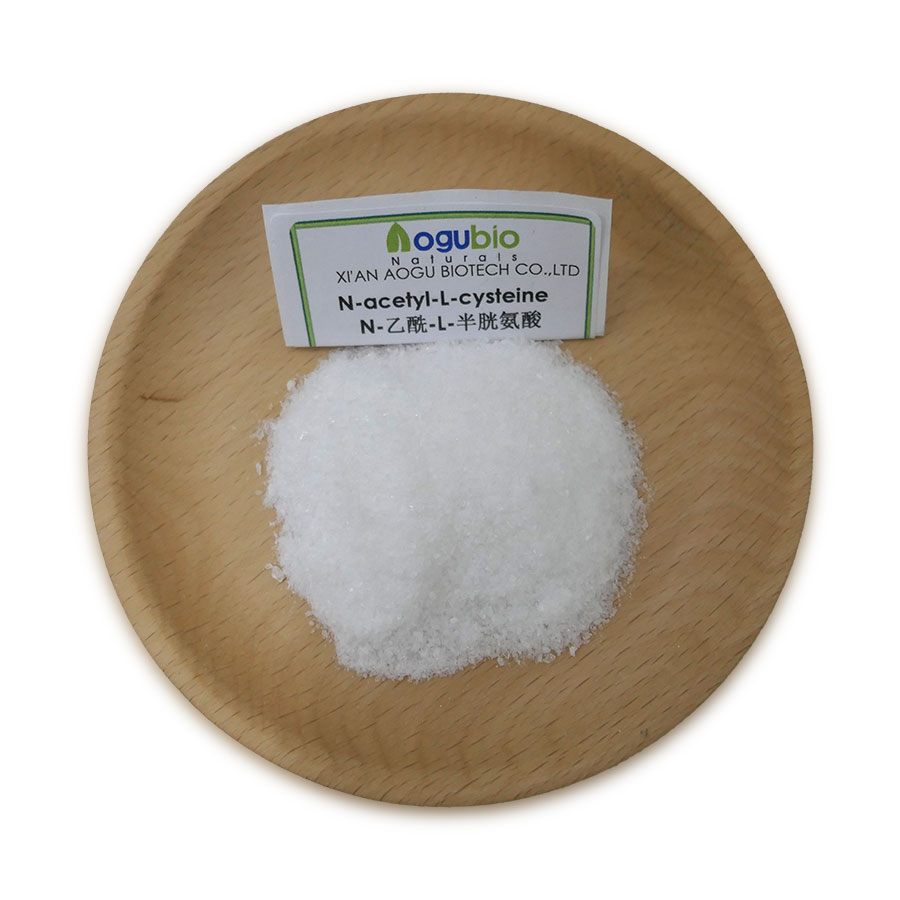
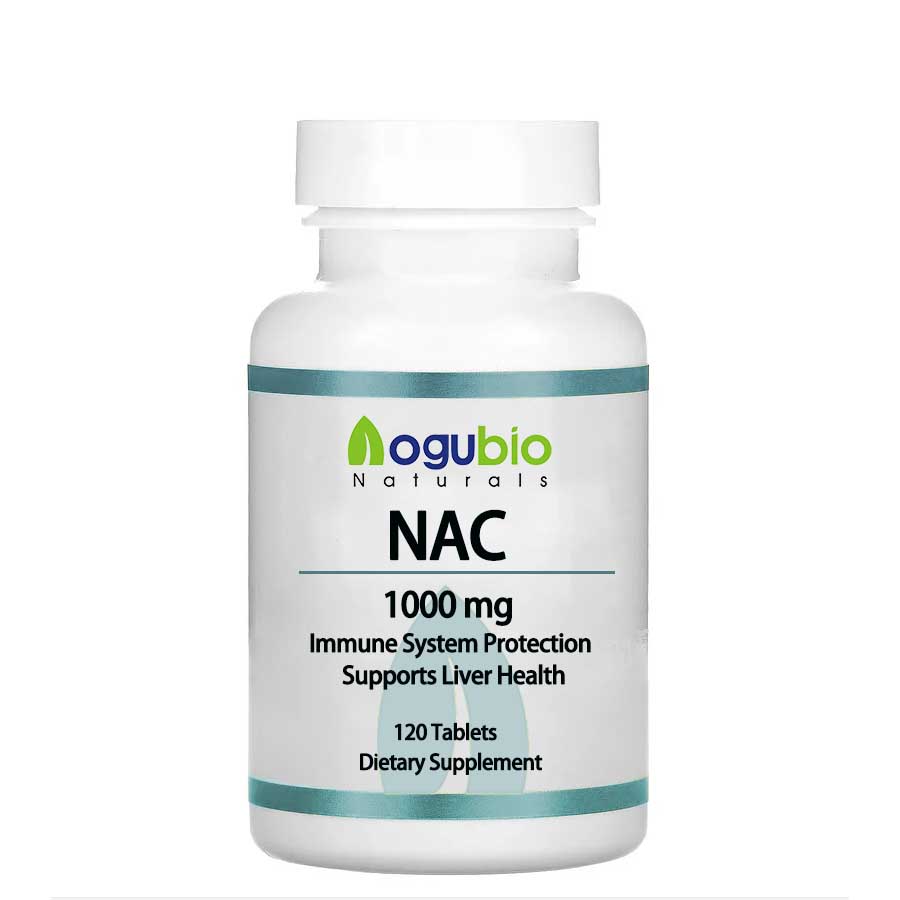
Function
N-Acetyl-L-Cysteine is an amino acid, can be transformed from the body of methionine, cystine can be transformed with each other. N-Acetyl-l-cysteine can be used as a mucilagenic agent. It is suitable for respiratory obstruction caused by a large amount of phlegm obstruction. In addition, it can also be used for detoxification of acetaminophen poisoning.






